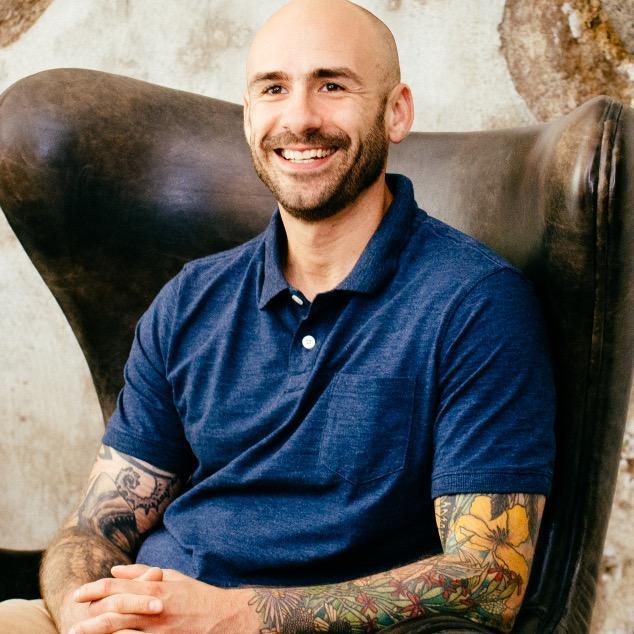Design and technology fields have cultures promoting alcohol use. We highlight alcohol-focused activities during our conferences and events. We take colleagues and clients to happy hour at a bar when we want to show them a good time or celebrate. Very often, we make alcohol available during work hours in the form of the office keg or beer fridge. It seems alcohol use comes with the job. However, this doesn’t align with the goal of increasing diversity and inclusiveness in our fields.
When we focus on alcohol, we create experiences that exclude peers wishing to stay sober or those that don’t feel comfortable around alcohol use for many reasons. We also feed the problem of alcohol abuse some of our colleagues experience without our knowledge. While this isn’t a problem unique to design or technology, we should embrace the challenge of creating healthy and inclusive workplaces as eagerly as we tackle complex usability problems.
The purpose of this presentation is to increase awareness of the role alcohol plays in our fields, and discuss how we can best create experiences that might contain alcohol while respecting the presence of those choosing to abstain. I will share some of my experience as a UX researcher who has gone from actively abusing alcohol to having two years of sobriety. I will provide insight into effective workplace and industry solutions, what work still needs done, and how we might create experiences that are more inclusive. We will conclude with a solutions-focused discussion where differences of opinions will be respected.
About Victor
Victor is a Research Director for a Philadelphia based design and development firm. He works with clients across industries, from banking and telecommunications, to insurance and universities, to incorporate the voice of the user into design. Victor received his PhD from The Ohio State University, where he studied psychology and communication with visitors in settings such as natural history museums, science centers, and zoos. He regularly writes and speaks on topics related to the application of psychological principles to design, and user experience research. His book on the application of psychological principles to design, Design for the Mind, is available for purchase through Manning Publications. He has been a guest on a number of Podcasts including User Defenders with Jason Ogle.

